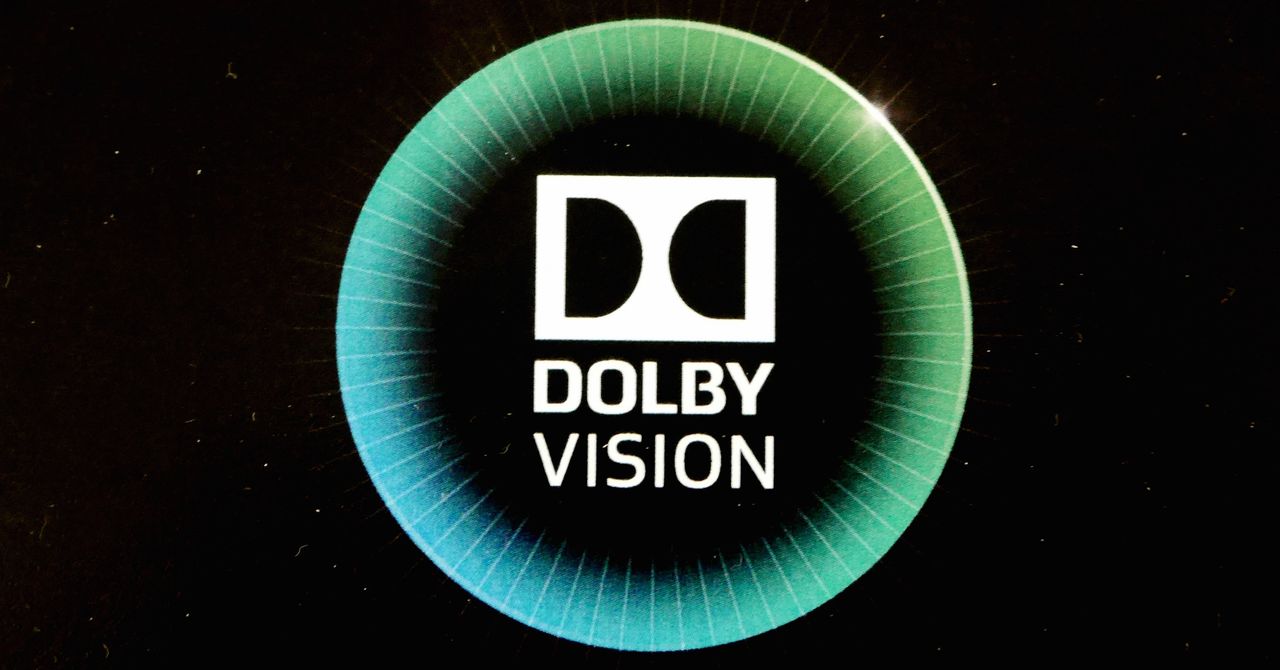
Imagine a world where online trolls didn’t exist. It sounds glorious, doesn’t it? I mean, really think about it. If you have a public Twitter or Instagram profile, posting something online can feel like opening up your heart and allowing someone to rip it out, every time you post about your life. Maybe you post a picture of your child and worry that some cold-hearted person is going to say that something looks off about the child. Or that you post about your children too much. Maybe you have body image issues, and every time you post a selfie, you wait for the next troll to say something like, “you are fat”. In general, the internet is a cruel place for anyone with any kind of insecurities.
So, as I said, imagine a world where online trolls didn’t exist? Think of what this could do to your self-esteem. If you live in Austria, you might be in luck. Austria is joining China by introducing a law that would require you to provide your real name and address to larger sites before being able to provide your comments. While your name wouldn’t be public, the authorities would have an easy way to find you if they believe that you’ve been harassing people or generally violating the law. Further, the company itself could be fined up to $500,000 if they didn’t comply, and that number would double if they continually repeat the offense.
Ok, so this is a good start, but will it actually help to cut down in the number of negative comments online? If I’m being honest, I kind of think the answer to that is no. I mean, if I can still go online anonymously, and I’m not breaking any laws by calling someone fat or ugly, what’s going to stop me? I mean, someone recently tweeted that Chrissy Teigen was “fat” and the post didn’t get banned. Sure, Teigen was able to clap back in an epic way, but, not everyone has the same tenacity. Some people were bullied because of their weight, so it can be hard to let those emotions go when you feel like you look like a whale. My point is this law will help, but I don’t know that it will reduce the number of instances as much as we would like.
There are a few other concerns about the draft law. To start, “younger” sites will be exempt as they need a chance to grow before they are required to police their users. But this might actually encourage hate groups to move to these platforms and spread their messages. In Austria, this might actually be a conflict of interest. In fact, the proposed law might protect the ruling party’s junior partner in government, the populist Freedom Party, from having to curb hate speech on its own sites.
All of that aside, the European Union might balk at the law as well, as it might punish European countries more harshly than in their countries of origin. And this goes back to the argument I’ve been making for a few weeks. Regulating tech companies is great, but if every country isn’t on the same page, it’s going to be hard for the company to apply the rules and keep up.
And let’s not forget privacy. This kind of law might discourage harassment and hate speech, but it might also discourage people from coming forward with insightful stories and even opinions. And on the other side of the privacy coin, imagine what kind of gold mine this would be for hackers! While I love the fact that these discussions are happening and democratic countries are proposing rules to help set those boundaries, I think more thought needs to be given to the why and the how.



